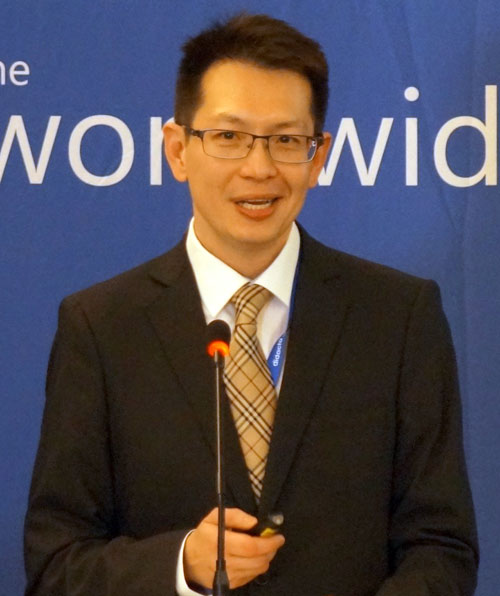
- This event has passed.
European Vocational Skills Week (EVSW) 2022
May 16, 2022 @ 8:00 am - May 20, 2022 @ 5:00 pm UTC+0
Free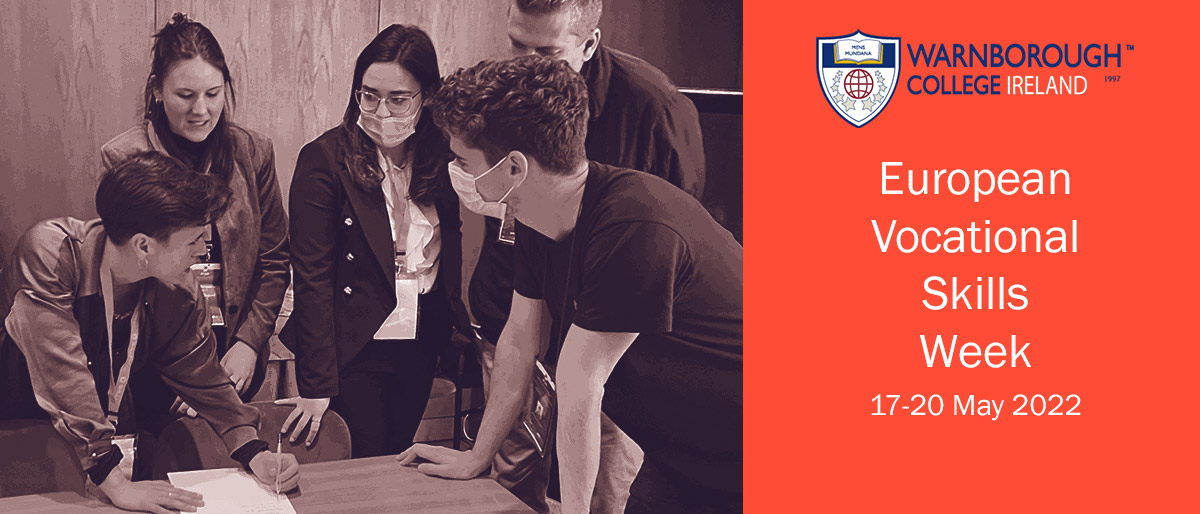
EVSW stands for European Vocational Skills Week.
This is an opportunity to showcase the importance of vocational skills in nation-building and the development of capacity.
For many years, technical vocational education and training (TVET) has been seen as the poorer cousin of higher education. This narrative is slowly but surely changing.
Over the week of May 16 to 20, 2022, Warnborough College Ireland (WCI) and its learning centres and academic partners will be showcasing the best of TVET with a series of webinars and workshops. Delivered by some excellent presenters, take a pick of the webinars that interest you and sign up, for free.
Click Here to Register for Free
TUESDAY – 17 May 2022 |
||
| 10:00 GMT | 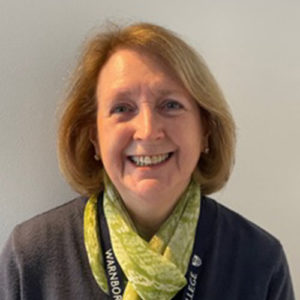 Dr Pamela Hatton |
Opening Event: WCI’s 25th Anniversary |
| 11:00 GMT | 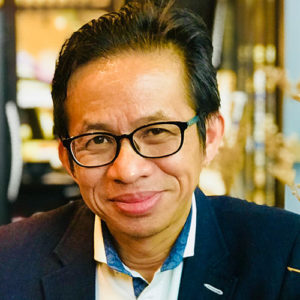 Dato’ Dr Jayles Yeoh |
Implementing an Education System for Sustainable Development Global warming and sustainability have been talked about globally for many decades. However, the adoption and implementation success are far from desired. Policies without clear implementation plans are of no help. Climate change has created many adverse effects on the geographical landscape to an extent given rise to food security concerns. The ability to provide for the ever-increasing population and scarcity of resources is pushing both Developed and New Emerging Economies to innovate their food supply network and the associated value chains. Having charters and value statements within organisations are no longer sufficient as the impact is not prevalent. In driving SDGs (Sustainable Development Goals) and implementing ESG (Environmental, social and governance); both public and private players and actors across all levels of the organisations within the value networks and chains must not only be educated and trained but must be certified. They must provide evidence of the results to the relevant enforcement agencies. Relevant authorities, agencies and actors must be equipped with the required competencies. Some areas of focus can be Comprehension and Implementation of SDGs, Comprehension and Implementation of ESG, Best Management Practices including but not limited to, Sourcing and Selections of sustainable suppliers, sustainable farming, sustainable manufacturing, sustainable logistics and physical distribution management (PDM) and sustainable disposal of waste and asset management. European institutions need to be at the forefront of this. |
| 12:00 GMT | 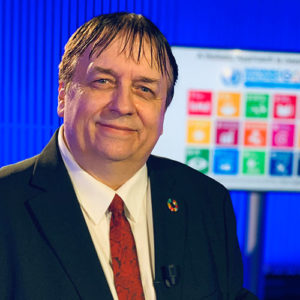 Dr Urs Hauenstein |
Humanity 5.0 Humanity 5.0 or new development approaches for a holistic, responsible and resilient future with a green and inclusive core for the digital age. As Professor of Management and Education for the Future, Urs Hauenstein is also Chair of the institutes “Management and Education for the Future”, which develop research paths for a transformation to a better world. Holistic approaches with agility, authentic development and resilience are just as much in the focus as a green and digital revolution with social inclusion. Change management is not enough! We need a real transformation for a new reshaping of the world with the implementation of the 17 SDGs from the UN. In addition to the more technological and digital orientation and needed new approaches to the environment with green or blue ecosocieties, we have to think about transformations in which the “humane” is increasingly at the center again. We have to find new “Smart” Priorities for the 21st century and concentrate on skilling, upskilling and reskilling. TVET is thus becoming a silver bullet for a sustainable life in the areas of education, business and industry, and the stakeholders must be involved in all processes. |
WEDNESDAY – 18 May 2022 |
||
| 10:00 GMT |  Dr Pamela Hatton |
The psychological impact of ‘going green’ on the perceived low-skilled and low-educated ‘Going Green’ – Why, whenever there is a ‘new’ concept brought out by a government, or other authorized body, does this ‘group’ appear to be left behind?’ Why do we always have to teach them things? Why does this ‘group’ need extra tuition? Where do we find this ‘group’ and how come they are not learning about these things, in the beginning, the same as the rest of the country? Does everybody need a college degree to understand how ‘going green’ works? With Educators today saying that ‘no-one should be left behind!’ this certainly needs to apply to the above ‘group!’ How can we change this? What is needed to bring everybody up to the same level of understanding of what ‘going green’ is and how it works? How can everyone’s voice be heard? Is that even possible? How can the body of experts determine that ‘no-one is left behind!’ To ensure an all-inclusive people-policy framework for a green economy the focus will need to be on creating new jobs within this field with many well-known and longstanding jobs disappearing within the re-structuring of labour markets. New skills will be required, training and re-training policies put in place, thus allowing for a smooth transition from one new-skilled job area to the next. Where does the ‘group’ fit in? What skills do they have? What new skills can they learn? Everybody in life has a skill, however, some need to have it pointed out to them. ‘Quality of life’ and ‘mental health’ are terms frequently heard throughout the world, particularly since the onset of the Covid-19 Pandemic, therefore we need to know the impact of environmental issues on people’s lives and their interpretation of this and we need to understand this on a basic level. |
| 11:00 GMT | 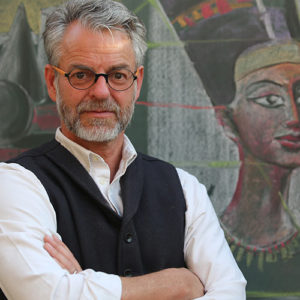 Mr Markus Feichter |
Green Campus Mindful, creative, communal and self-determined learning in our green campus. WOB International Academy is part of a large international movement where there are special exchange programs available for our students. These programs are characterised by an emphasis on intercultural tolerance and ongoing social and interpersonal communicative training. In particular, through artistic work such as painting, sculpture, music and acting students cultivate independency, character development and team building skills. All this on our green campus, in the middle of old orchard with apple, pear, apricot and fig trees, chickens, cats and a farm dog. In addition, students with learning difficulties are assisted through individual learning support so they can graduate with a Waldorf diploma. In our school, we want to create a space for fearless and inspired daily learning. The all-day lessons are based on the principles of using the head, hand, and heart and include various modules such as linguistics, music, mathematics, social, physical-kinesthetic and existential competence. Regular internships provide the basis for hands-on learning and travel excursions give students insights into their own and foreign cultures. |
| 12:00 GMT |  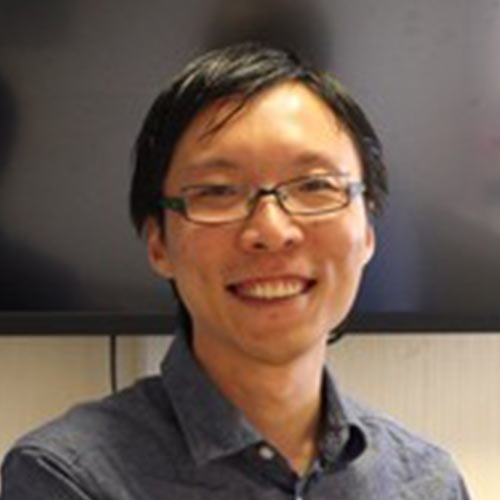 Ms Charlenne Ong & Mr Teck Yeong Ng |
Building Information Modelling (BIM) and Sustainability BIM can be used to reduce energy consumption and the impact of the building on the environment. BIM provides specific workflows and modelling tips that can make a ‘Green Building’. BIM has become the 21st century’s biggest game-changer due to its versatility and finesse. BIM is essentially used in land, water, energy, and material sustainability. By using BIM modelling, every stage of the building construction process is transparent. It provides deep insights on material technology. It also provides efficient designing onsite and offsite, saving time, money, resources and hence the environment. We can also use the BIM model to optimize and monitor the performance before and after occupancy. |
THURSDAY – 19 May 2022 |
||
| 10:00 GMT | 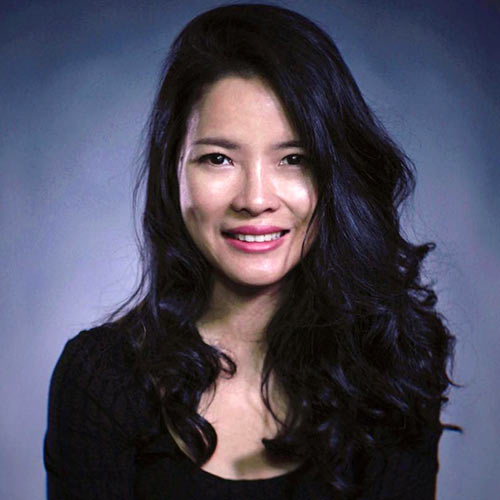 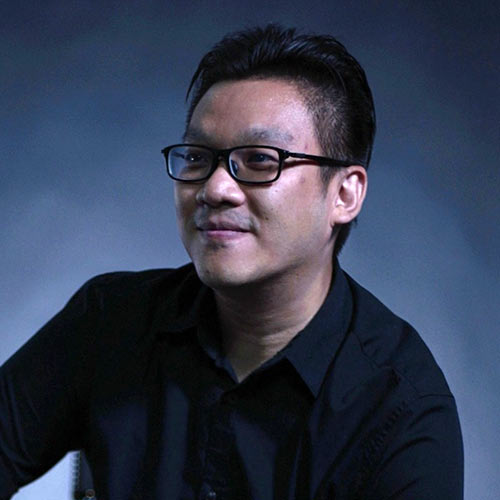  Ms Tung Yang Ning, Mr Wong Jin Min & Mr Teck Yeong Ng |
Multimedia Arts as Catalyst for Sustainability The media has the ability to reach people on the level of emotions and beliefs. It can influence, persuade and pressurise society, draw attention to issues, build will and agency for change, and devise innovative solutions to move us towards greater sustainability. Artists use their work to shine a light on issues of environmental justice, raise awareness of environmental insecurities and risks, and imagine more sustainable futures. By combining multimedia arts with globalization development, we are able to inspire transdisciplinary learning, thus sparking new ways of imagining and envisioning how we might live in the future with the acquired skills and mindset through creativity. We, as educators, play a vital role in influencing and shaping a sustainability mindset. |
| 11:00 GMT | 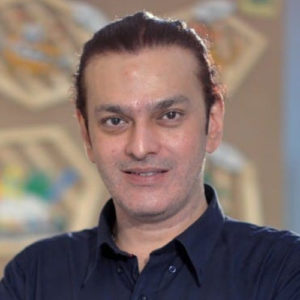 Mr Gouhar Pirzada |
Potentials and Challenges of Inclusive Green TVET Mindset Education is the most influential tool in creating awareness and change in society that the combination of skill, knowledge, attitude, and awareness can cause. TVET sector can play an immediate change in the mindset of society. The inclusive approach of TVET helps in developing skills and sustainability especially in the marginalized groups of the society. This action research focuses on skill development among the highly neglected transgender community and their journey of economic and societal sustainability. The eco-friendly initiative of empowering the powerless programme is arranged under the guidelines of the British Council DICE project with Baazyaft Foundation in Pakistan. Warnborough College Ireland is working with STEP Institute of Art Design and Management, which has radicalized this process of social experiment of inclusive approach towards a better transition for all. The expected outcome of this programme is developing eco-friendly skills among transgender community for a sustainable future in terms of resources and manpower. Awareness and promotion of green TVET strategies have been studied and incorporated. This qualitative study is comprised of interviews with trainers, participants and project managers where the study reveals the promising impact of Green TVET mindset, together with the potential challenges in Pakistan. |
| 12:00 GMT | 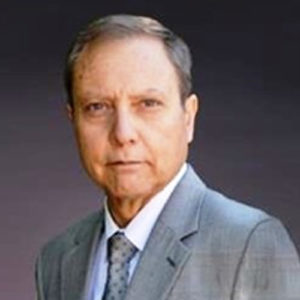 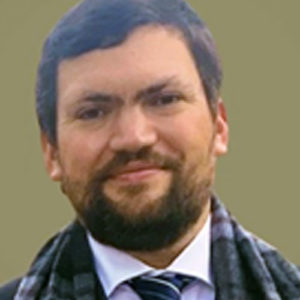 Dr Tulio B. Bulling & Prof. Francisco S.Riesco |
Successful TVET Experiences in Chile The presentation will include successful TVET experiences in Chile. We in Europe can learn about and from their educational projects, what advances stand out, how they work with their students and the roles teachers have. More importantly, we will learn how they are linked to the world of work and what entrepreneurship initiatives they foster. Special attention will be paid to how these TVET centres handle the development of 21st Century skills, mainly communication, collaboration, individual learning approaches, individual autonomy, and ICT and digital literacy. |
| 11:00 GMT | Vocational Erasmus+ Projects The Erasmus+ programme has been instrumental in our ability to partner with esteemed institutions and organisations worldwide, while researching and developing unique and innovative solutions to common Technical, Vocational Education and Training (TVET) issues. In this session, we will present some of the exciting results of the Pro-VET project, the SkillNet Alliance, and Transversal BIM Project, and the Adaptive Expertise project. |
|

